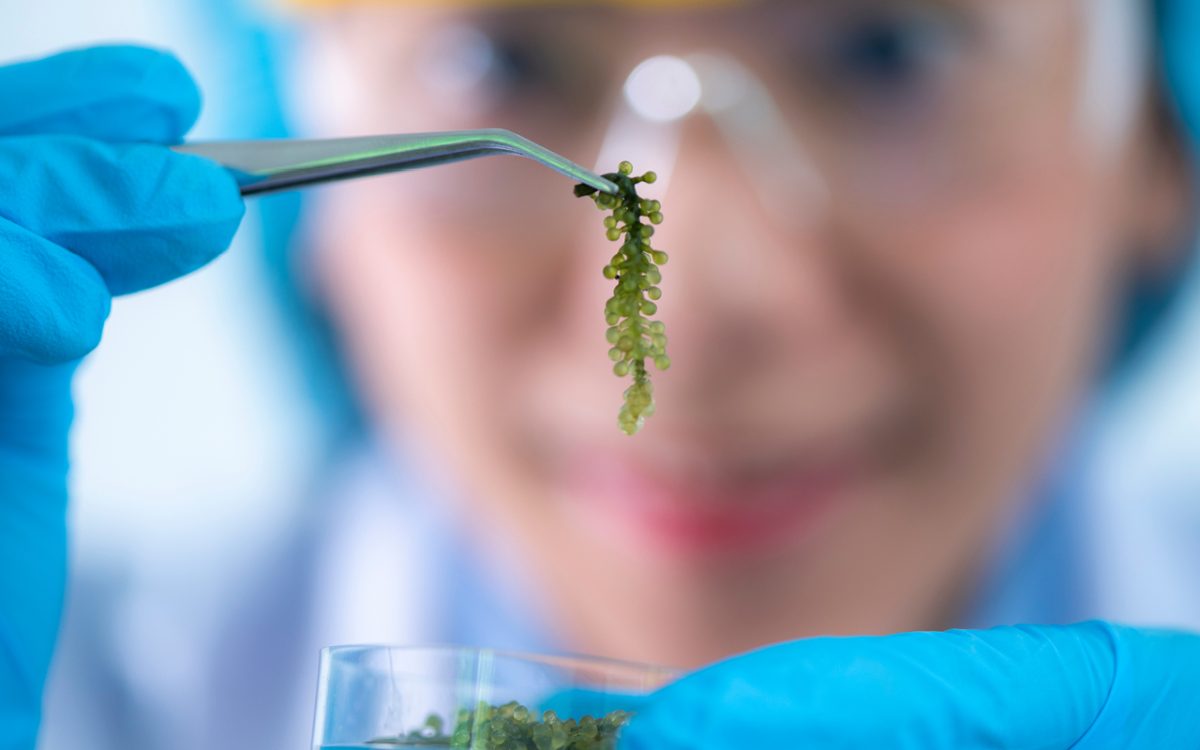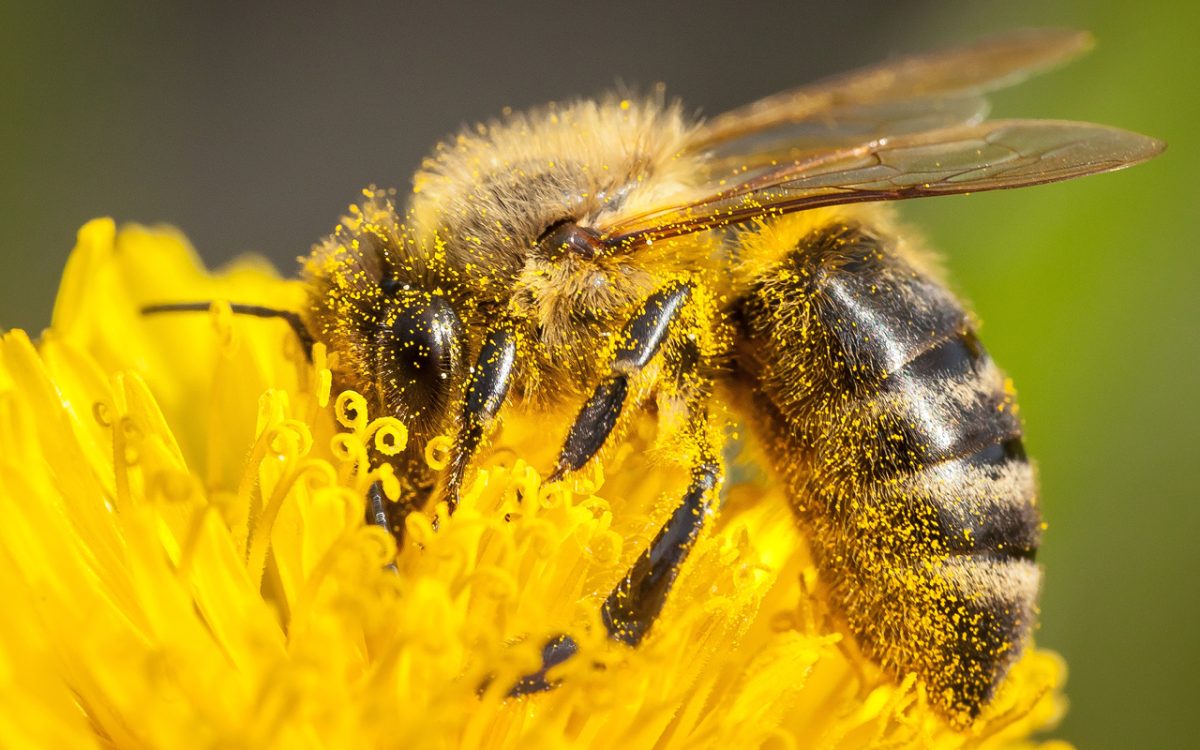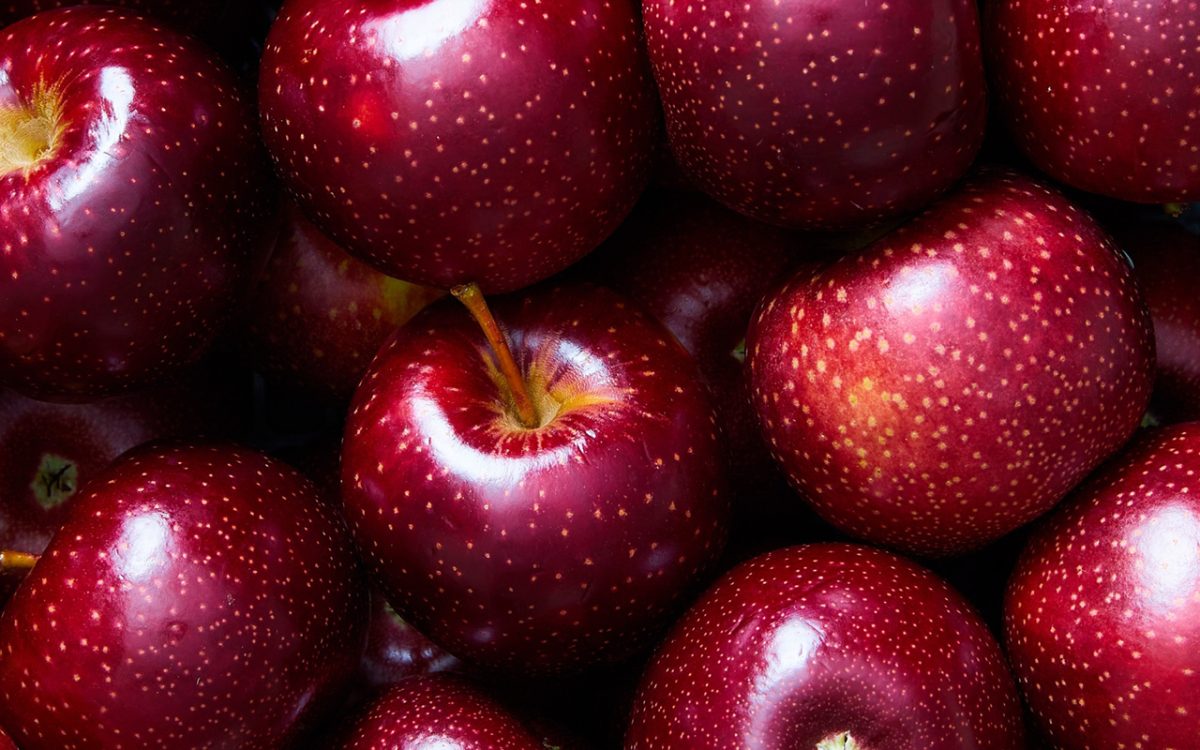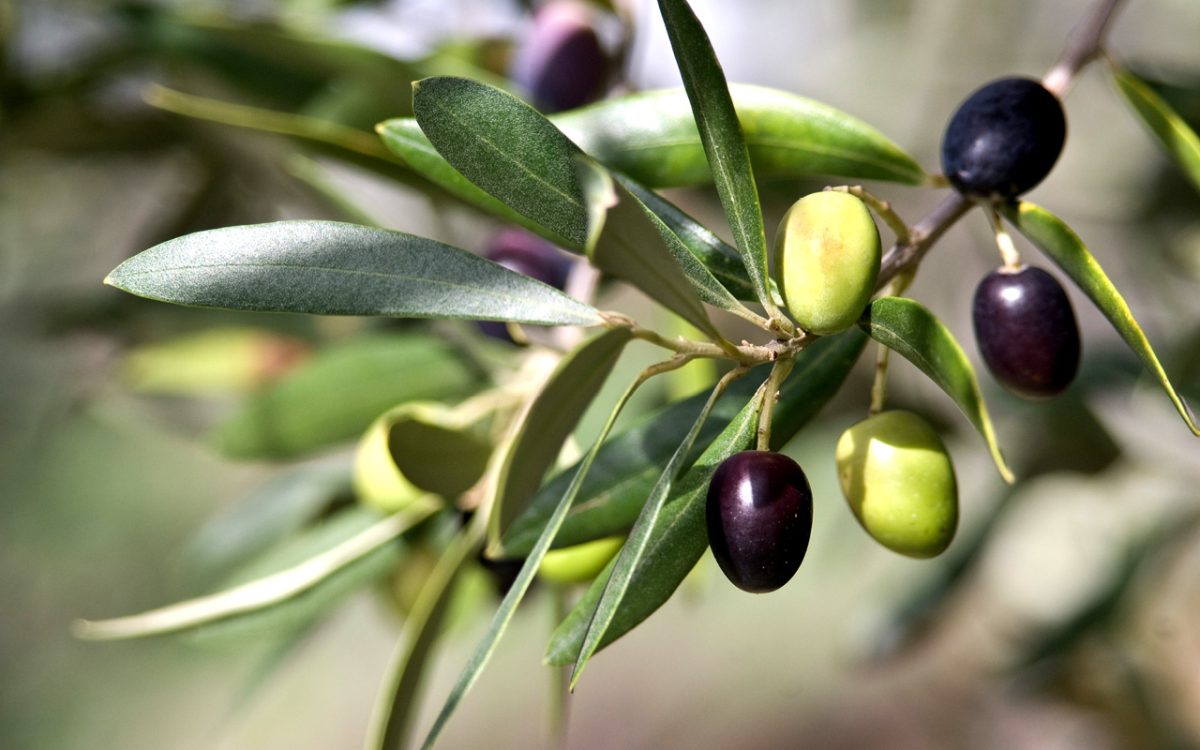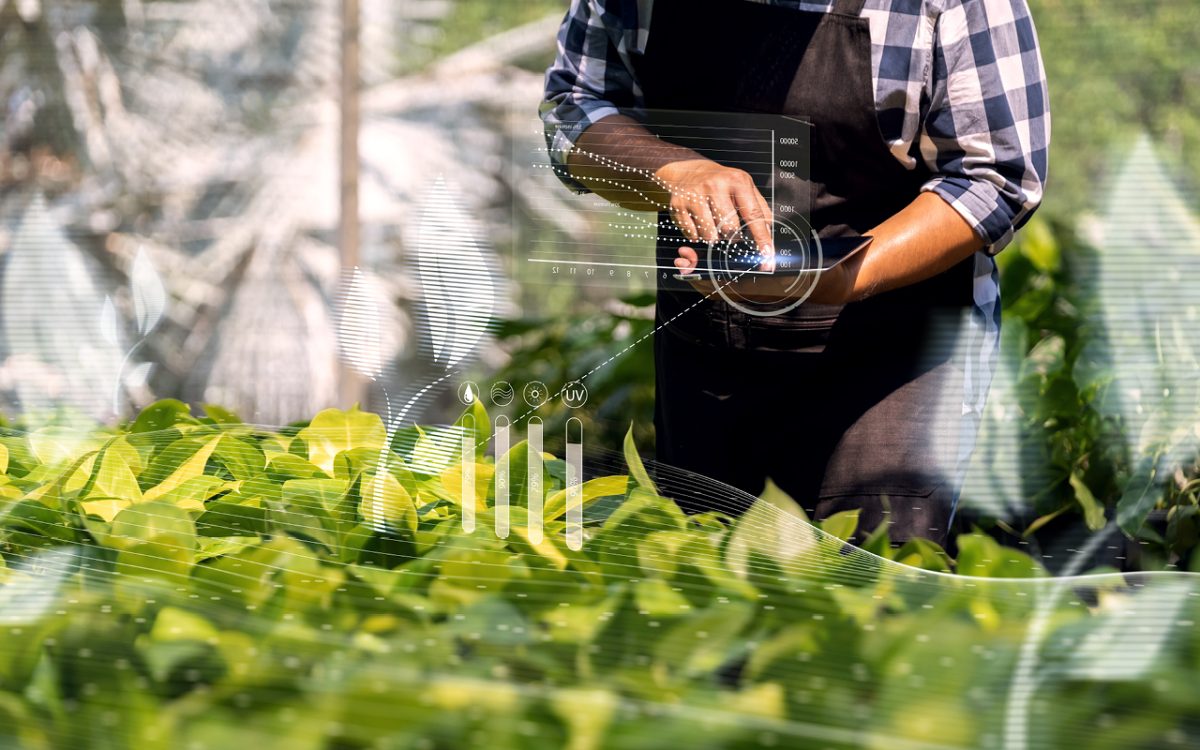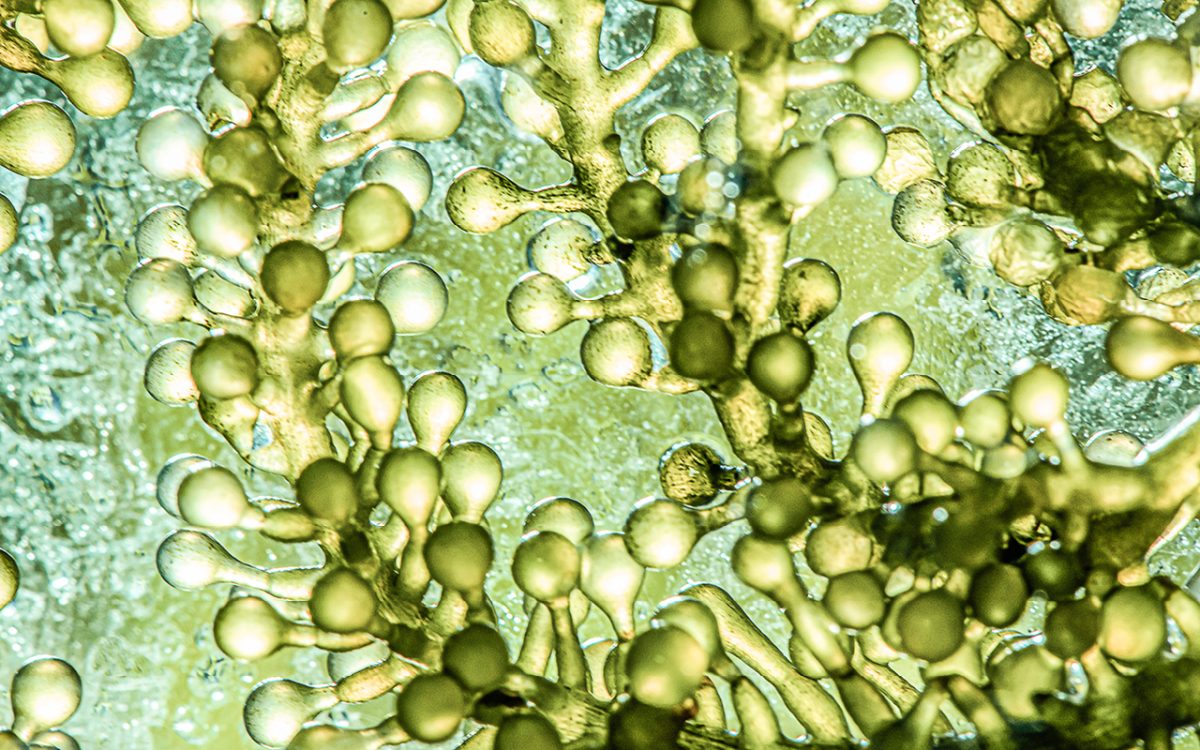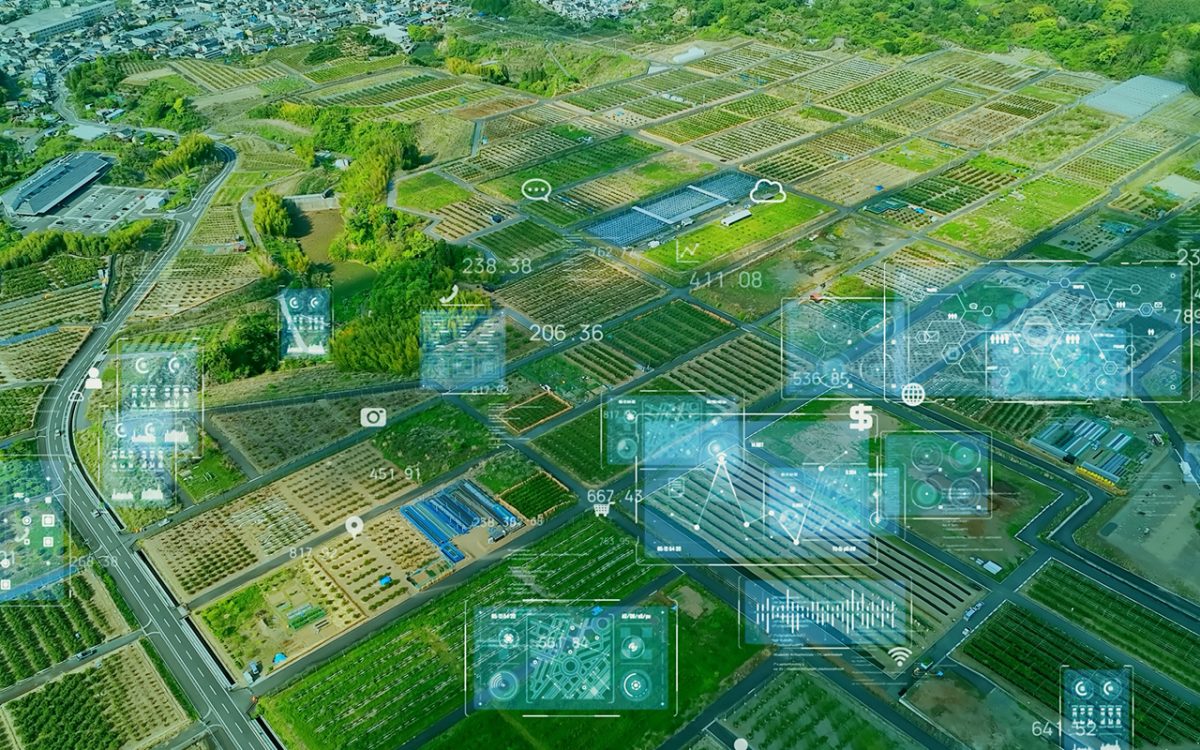Research Projects
P2-030
In ProgressPollination of novel and emerging food crops grown under protected cropping conditions
this research project, we will test the potential of 3-4 insect taxa, honeybees (Apis mellifera), stinglees bees (Tetragonula carbonaria) and Eristaline hoverflies (Eristalis tenax and Eristalinus punctulatus) to satisfy the pollination requirements for a range of novel, hi-tech pollinator-dependent crops of interest to Costa Group.
P2-030
This research will assess whether Australia’s food relief governance supports the fulfilment of the human right to adequate food. Importantly, this research will take a solutions-oriented approach to addressing how the governance of food relief should be designed to tackle the full range of challenges facing individual food security and the fulfilment of the right to food in Australia.
P1-044
Globally, climate change-induced warming is posing a major challenge to increasing crop yields in cropping systems including protected cropping systems. Research to improve heat tolerance in these systems have largely focused on leaf traits, in part due to limitation in techniques for investigating other plant parts.
P2-035
Berries are highly pollinator-dependent crops, and while managed pollinators such as honey bees, are effective pollinators, the establishment of the Varroa mite has resulted in fewer honey bee colonies in the region and hence growers have reduced access to pollination services. Wild pollinators are also known to visit berry flowers and established research has now demonstrated their efficiency is often equivalent to the honey bee.
P2-033
Microalgae biotechnology has advanced rapidly as a sustainable source of functional foods, nutraceuticals, pharmaceuticals, and other high-value products. Diatoms are important microalgae and promising feedstocks for biotechnological applications due to their high biomass productivity, high-value metabolites, and environmental tolerance. A biorefinery is a sustainable approach to convert biomass into various valuable products. Microalgae biorefinery has become increasingly significant as an alternative bioprocess technology
P3-029
Global increase in night temperature is associated with significant crop yield losses. For vegetables, grains and fibre crops (including tomato, wheat, and cotton), yield reductions can be up to 3–10% per 1°C increase in night temperature. This project investigates how warm nights reduce crop yield and will identify traits that confer tolerance to warm nights.
P2-034
This research investigates roles of policy, planning and governance at different scales on producer decisions to integrate sustainable plant-based protein farming into their practices, and how these decisions are influenced by and interact with climate-driven shocks. With legumes as a cornerstone of PBP farming, this work is expected to improve empirical and theoretical knowledge informing how and where sustainable PBP practices will have positive outcomes for people and the environment.


